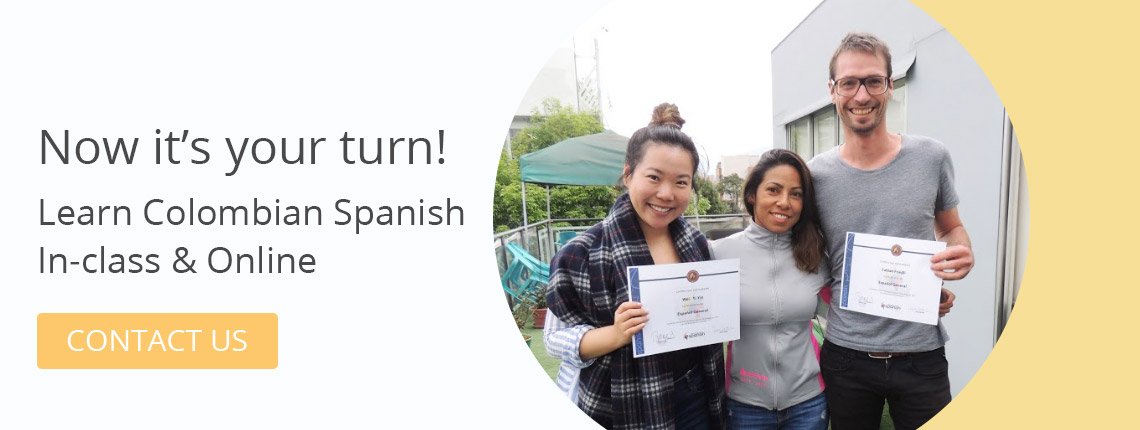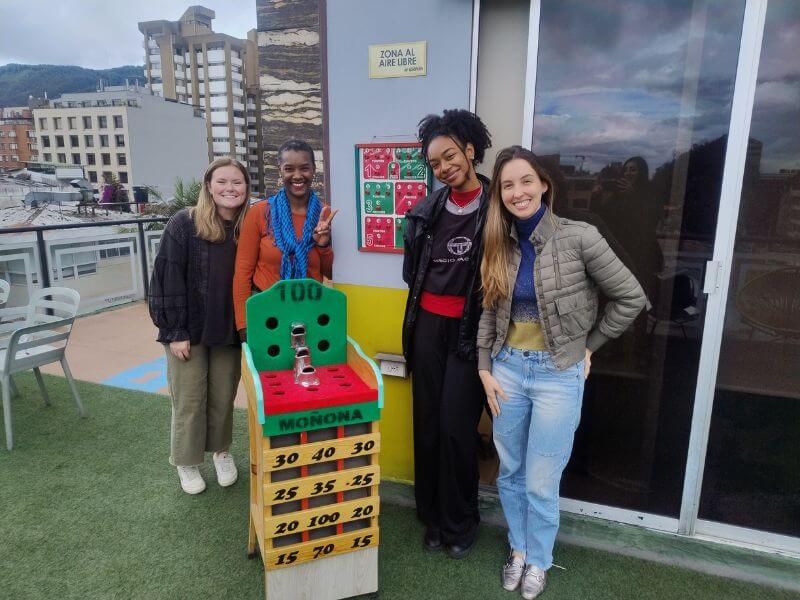How to improve your Spanish listening skills?
When learning a language, there are four skills we need for complete communication: Listening, Speaking, Reading and Writing.
These are called the four language skills. No matter what language we learn, we should learn these skills equally.
When we are learning our native language we go through a simple learning process:
- We learn to listen
- We learn to speak
- We learn to read
- We learn to write
If we want to learn a second language, then we should follow the same process.
Just like when we are babies.
Babies spend their first months and years listening and replicating the sounds they hear. Then, they start learning the vocabulary. And, only after that, they start making sentences.
If this is a natural process, why do some people find it more difficult to learn one skill than another?
Is there one skill, in particular, you find it the most difficult?
Let’s start from the beginning. Let’s listen
When we are adults we want to see the results of everything that we do quickly. We want to be productive and efficient. And it makes sense, we invest part of our time in learning a new language and we want to make the best of it.
But let’s take it easy and enjoy the process. You will see it will make much sense.
Some people start learning Spanish by “reading” and “writing”. They read and write vocabulary. They try to memorize it.
But the problem comes when they want to have a conversation. They struggle to understand other people, they can’t make proper sentences, and they get frustrated.
If you start by just listening:
You will get familiar with the sounds of the vowels and consonants in Spanish. Believe it or not, they are way different than the English sounds.
When you listen you can also improve your pronunciation.
The way you pronounce Spanish directly affects your ability to understand it. If you are consistently pronouncing a word wrong, you will struggle to understand a native speaker when they say it correctly.
You will also tune your ear to different people, different accents and different speeds.
One of the biggest mistakes is getting used to only one person’s accent, you will find it difficult to understand other people.
Only in Colombia, there are dozens of different accents and dialects. When learning Spanish choose Bogota’s dialect, it’s the easiest to learn. But don’t forget to train your ear with other accents.
Become an active listener instead of a passive listener
Listening passively is not enough to make you a good listener.
Listening actively means being attentive. When you are an active listener you will notice new vocabulary. You will be keen on asking questions and, ultimately, you will understand the context even if you don’t understand every single word.
For instance, if you are listening to your friends talking, don’t be afraid of asking them the meaning of certain words or the context of the conversation.
You can also be an active listener while practicing the other language skills.
Don’t get us wrong, we did say that you should focus on listening, and we mean it. But there are few things you can do in parallel which will help you to improve your Spanish.
When listening to a song, a movie or a conversation you can take notes of words that catch your attention. This is useful because your memory is fresh and you can look them up later.
You can also improve your pronunciation skills while listening to something. It won’t distract you, if you do it consciously.
How is that?
¡Simple!
Practice “listen and repeat”
When you repeat out loud a word or a sentence your brain will be more active and you will be more likely to remember what you said afterward.
Be Patience! Go at your own pace
Many Spanish language learners get frustrated at the moment of listening to native Spanish speakers.
We know you would love to speak Spanish as soon as possible to join the conversations with friends, to understand the lyrics of the songs, or to understand the Spanish movies.
But relax, cause no matter how hard you try it will always take some time. It doesn’t mean you won’t get there, it means you need to be patient.
First of all, you must be honest with yourself about your current level of Spanish. There is no point in trying to understand a movie, for instance, if you start learning Spanish a few months ago. It will only frustrate you…
What you can do is start incorporating Spanish into your daily life.
What else can you do to improve your listening skills in Spanish?
There are so many tools and materials available out there to practice.
Let’s look at some of them:
- Listen to Spanish or Latin American music. No matter your level of Spanish you can start grasping a couple of words, then a few sentences, and eventually you will get it all.
- Listen to audiobooks. You can choose from easy children’s books if you are a beginner, to Spanish or Latin American literature.
- Switch your Apps to the Spanish language. For instance, your GPS, Waze or your running Apps. You already know what they say in your own language, so try them in Spanish.
- Watch movies and videos on Youtube. There are so many options, you will never get bored! Ask your friends to send you voice messages instead of text messages.
- Do a language exchange. Find a Spanish speaker who wants to improve your mother tongue. Ask him or her to speak Spanish and you reply in English. After 30min you can switch so that both have the same opportunity to practice. It’s an excellent exercise!
- Do some exercise in Spanish. Yes, you can find all kinds of online classes in Spanish: Yoga, Zumba, Pilates.
- Do you like Ted talks? You can find very interesting TED talks in Spanish with English subtitles.
- Or, do you like to meditate? Choose online guided meditation sessions in Spanish. There are plenty on Youtube and on Apps like Insight Timer and Gaia.
Whatever you choose, make sure you listen to what you enjoy and you are passionate about. If you start incorporating Spanish into your daily routines and your hobbies you will see how easier it becomes.
Don’t get frustrated if you don’t get it at first. Be patient and persistent!













